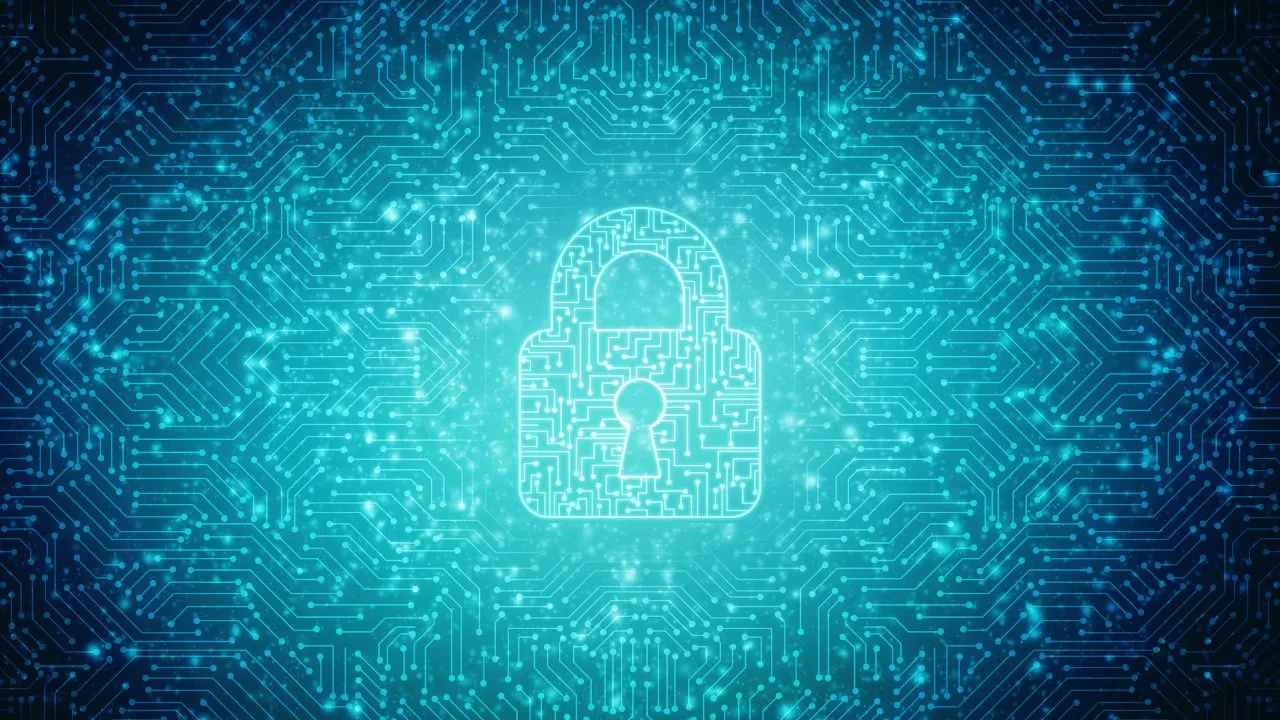If your coin can make it in New York, it can make it anywhere—or, at least, that’s what Zcash founder and CEO Zooko Wilcox believes.
During his speech at Devcon 4, in Prague, he argued that New York’s Department of Financial Services (DFS) dictates regulatory policy for the entire United States. After all, he says, companies must be compliant with its rules in order to access the lucrative New York market.
So what does this “all-powerful” regulator think of Zcash and privacy coins in general? Wilcox revealed during his speech today that he’s met with New York’s DFS, on more than one occasion, and says the regulatory authority has expressed support for his coin and the privacy it provides for transactions in under 3 seconds. The meetings went so well, he says, that he’s confident that Zcash’s level of cryptocurrency encryption will one day be mandatory. It’s a big claim—and one that will no doubt invite its fair share of doubters.
Nevertheless, Wilcox says his meetings with New York regulators reconfirmed his vision for a privacy-centric future. He claims that, during one of the meetings attended by the head of New York’s Department of Financial Services, a DFS official publicly voiced their support for keeping the private financial data of ordinary people from being exposed on the Internet.
It all seemingly bodes well for anonymous digital cash, something Wilcox has been directly working towards since founding Zcash in 2016.
But is it really possible that regulators may soon favor coins that protect the privacy of user funds over those that keep blockchain open so that fraud can be more easily detected? Wilcox is convinced. He points to the fact that Zcash is just one of seven cryptocurrencies that the DFS has approved for trading in the state, and likens his coin’s privacy features to the Secure Sockets Layer (SSL) protections that virtually all Internet users now enjoy.
Originally, he claims, a small faction within the U.S. government (headed by the FBI, former U.S. Vice President Al Gore, and the NSA) opposed the invention of SSL for its potential to aid criminals on the Internet. But now, all U.S. government websites are required to use it, and SSL certificates have become nearly ubiquitous across the web. Wilcox believes the same will happen with cryptocurrency and the move to keep transactions private.
There are, however, lingering concerns about the ability for anonymous cryptocurrencies to facilitate criminal activity, including the ease in which stolen funds can be moved around. Richard Ma, CEO of Quantstamp, points to two recent hacks on crypto exchanges, CoinCheck and Zaif, arguing its much harder to track stolen privacy coins. From a consumer-protection standpoint, it’s a big issue, Ma tells Decrypt. Ma says regulators are also considering the effects of coins that don’t have know-your-customer regulations. On the other hand, he says, “it’s not a good idea to expose all the financial transactions of citizens to the Internet.”
It’s hard to reconcile ultimate privacy with preventing criminal activity. Perhaps there is no middle ground without recourse to a responsible third party—maybe even, ultimately, a bank. And if you can make it there, you really can make it anywhere.

